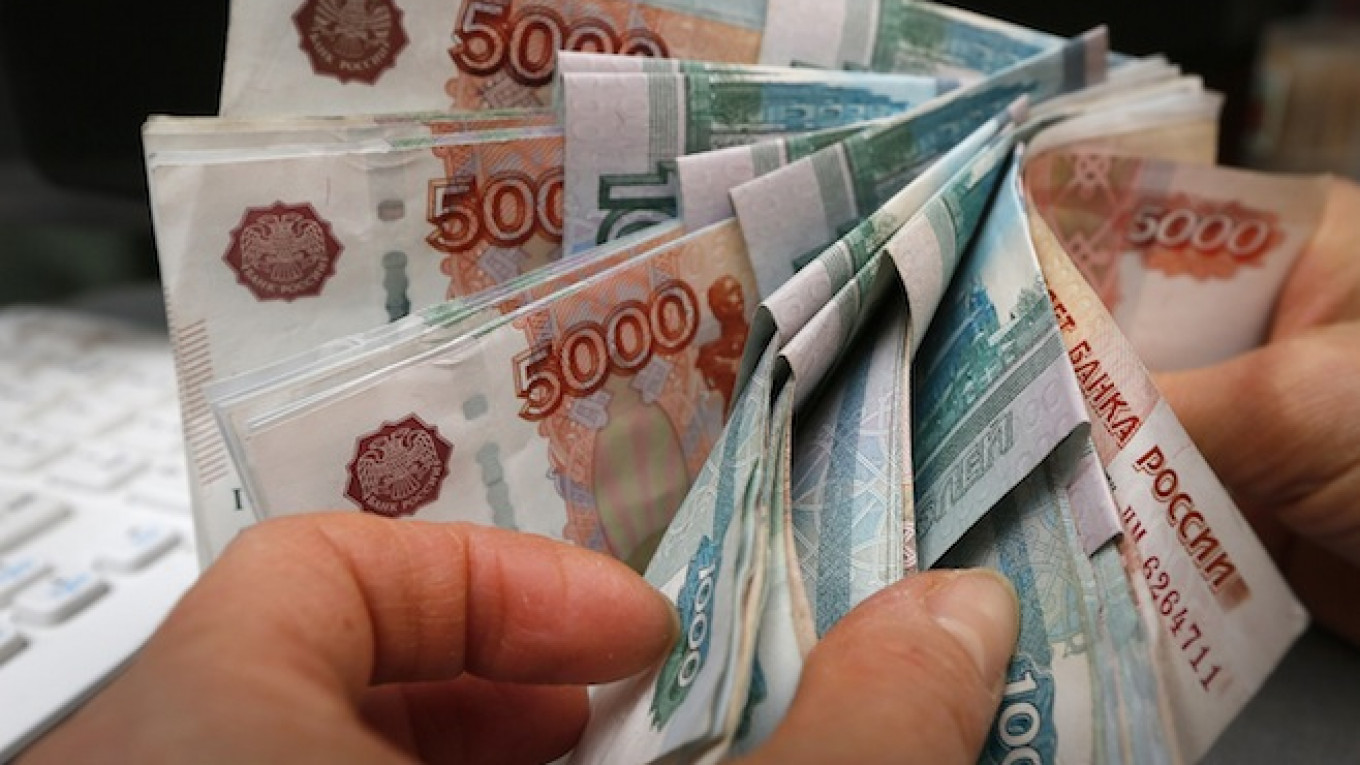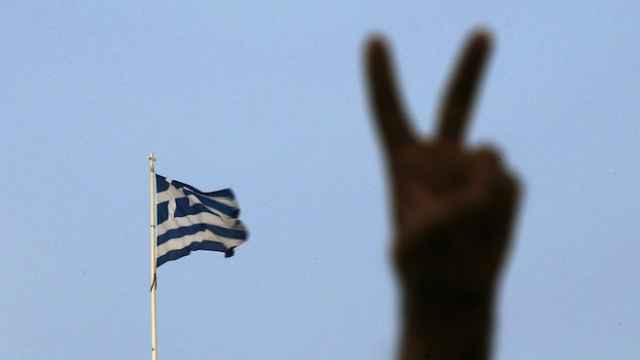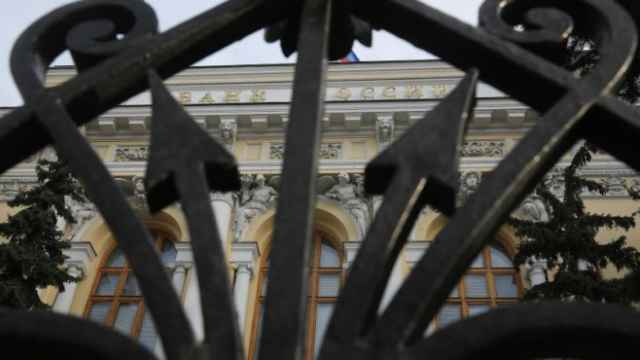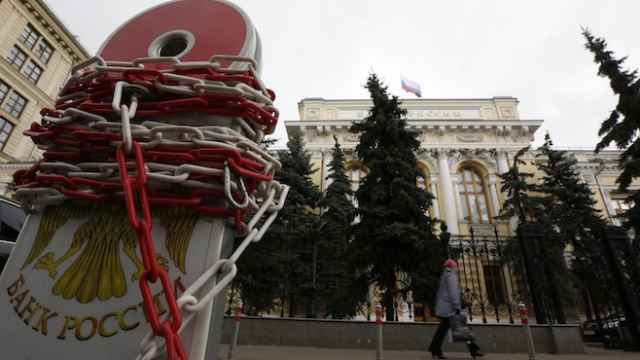Russia's central bank said on Wednesday it had stopped its operations to replenish its international reserves from Tuesday because of a rise in market volatility.
"The Bank of Russia from 28 July has stopped operations in the framework of replenishing international reserves, which was connected with the rise in volatility on the domestic currency market," the bank said in a statement.
The bank "has repeatedly noted that it will minimize the influence of its operations for replenishing international reserves on the currency market, operationally correcting the volume of foreign currency purchases," it said in emailed comments explaining its decision.
The bank began daily purchases of foreign currency in May as part of a long-term strategy of rebuilding its forex reserves.
It said at the launch of the operations that it would buy between $100 and $200 million a day but has typically been purchasing $200 million.
It was not clear how long the central bank intends to suspend its forex purchases, but the wording of its statements was similar to when it last suspended the operations on June 5.
It also cited market volatility then, but the bank resumed forex buying after one working day.
On Tuesday the dollar's value against the ruble rose above 60 for the first time since mid-March, symbolizing how the ruble is again coming under strong pressure because of sinking international oil prices.
On Wednesday it opened 0.8 percent firmer after the central bank announcement but soon fell back to trade little changed on the day at 60.01 versus the dollar.
Dmitry Polevoy, an economist at ING Bank in Moscow, said suspending forex purchases was "logical" given that prices for oil, Russia's main export earner, were at their lowest in several months.
Some analysts believe the central bank is seeking to keep the ruble within a desired range, often assumed to be 50-60 against the dollar — a de facto return to the policy of an exchange range corridor that was formally abandoned last November when the ruble was floated.
However, the central bank has repeatedly denied that it is targeting particular levels for the ruble, insisting that the floating regime remains intact.
A Message from The Moscow Times:
Dear readers,
We are facing unprecedented challenges. Russia's Prosecutor General's Office has designated The Moscow Times as an "undesirable" organization, criminalizing our work and putting our staff at risk of prosecution. This follows our earlier unjust labeling as a "foreign agent."
These actions are direct attempts to silence independent journalism in Russia. The authorities claim our work "discredits the decisions of the Russian leadership." We see things differently: we strive to provide accurate, unbiased reporting on Russia.
We, the journalists of The Moscow Times, refuse to be silenced. But to continue our work, we need your help.
Your support, no matter how small, makes a world of difference. If you can, please support us monthly starting from just $2. It's quick to set up, and every contribution makes a significant impact.
By supporting The Moscow Times, you're defending open, independent journalism in the face of repression. Thank you for standing with us.
Remind me later.






